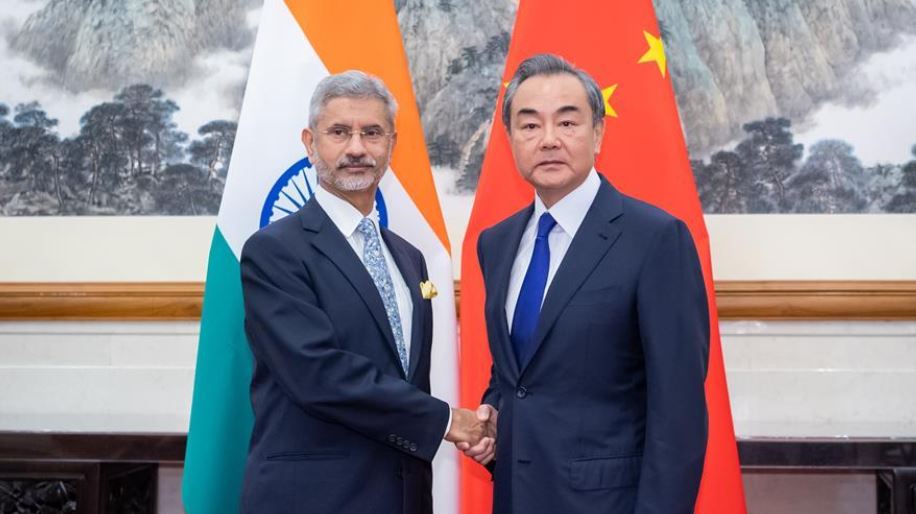In a significant diplomatic engagement, External Affairs Minister S. Jaishankar met with Chinese Foreign Minister Wang Yi on the fringes of the Shanghai Cooperation Organisation (SCO) Council meeting in Astana, Kazakhstan. This marks their first interaction since India’s recent parliamentary elections. Both ministers underscored the paramount importance of mutual respect and adherence to the Line of Actual Control (LAC) to ameliorate the protracted boundary disputes that have strained bilateral ties over the past four years.
Mutual Respect and LAC Integrity
Jaishankar emphatically conveyed to Wang Yi that respecting the LAC is indispensable for maintaining peace and tranquility in the border areas. According to the Ministry of External Affairs (MEA), the hour-long dialogue preceding the SCO Summit was a critical step towards reaffirming this principle. The Indian minister articulated the necessity for both nations to “redouble efforts” to achieve complete disengagement from contentious regions, particularly in Eastern Ladakh, to pave the way for normalizing relations.
Prolonged Border Standoff
Despite their third meeting within a year, Jaishankar and Wang Yi acknowledged the persisting deadlock. The Working Mechanism for Consultation and Coordination on India-China Border Affairs (WMCC) has yet to yield substantial progress, particularly concerning the Demchok and Depsang sectors. The Chinese Ministry of Foreign Affairs, in its communiqué, emphasized finding the “correct way” to manage the border situation, advocating for a balanced approach that promotes mutual exchanges while addressing border tensions.
70 Years of Panchsheel
Wang Yi highlighted the 70th anniversary of the “Five Principles of Peaceful Coexistence” or Panchsheel, urging India and China to collaborate as leaders of the Global South. He called for both nations to safeguard the interests of developing countries, reinforcing the need for a harmonious bilateral relationship.
Prime Minister’s Strategic Absence
Prime Minister Narendra Modi’s decision to abstain from the SCO Summit was a notable development. His participation would have marked his first face-to-face encounter with President Xi Jinping since the 2023 BRICS summit in South Africa. The MEA’s statement following the Jaishankar-Wang meeting reflected India’s support for China’s upcoming presidency of the SCO in 2025.
Emphasis on Combating Terrorism
At the SCO Council of Heads of State, Jaishankar delivered a speech on behalf of PM Modi, reiterating the organization’s commitment to sovereignty, territorial integrity, and combating terrorism. Modi’s address implicitly addressed China, emphasizing the SCO’s foundational goals and the necessity for a decisive response to cross-border terrorism, particularly from Pakistan.
Future Engagements and SCO Dynamics
The SCO summit also set the stage for future interactions, with Pakistan announcing its intent to invite all heads of government, including PM Modi, for the October meeting in Islamabad. This prospective engagement underscores the intricate dynamics within the SCO, where India and Pakistan, alongside other member states, continue to navigate their diplomatic and strategic imperatives.
Summary of Key Points
| Key Learning Points |
|---|
| Importance of respecting the LAC |
| Emphasis on peace and tranquility |
| Need for complete disengagement |
| Prolonged border standoff at Demchok, Depsang |
| 70th anniversary of Panchsheel |
| India’s strategic stance at the SCO |
| Combating cross-border terrorism |
Soumya Smruti Sahoo is a seasoned journalist with extensive experience in both international and Indian news writing. With a sharp analytical mind and a dedication to uncovering the truth, Soumya has built a reputation for delivering in-depth, well-researched articles that provide readers with a clear understanding of complex global and domestic issues. Her work reflects a deep commitment to journalistic integrity, making her a trusted source for accurate and insightful news coverage.



